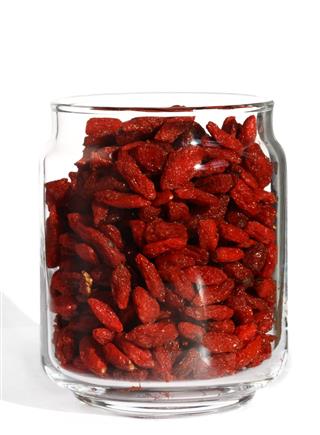
Autoimmune disease diet is planned with an objective to reduce allergy responses and hypersensitivity of the immune system. This HealthHearty article talks about the various studies being done regarding the same.
Autoimmune disease is an abnormal body response, caused as a result of the body’s hyperactive immune system. It may affect particular tissues (e.g., anti-glomerular basement antibody disease) or organs (e.g., chagas disease). Similar to many of the medical problems, the diet for this disease is also planned specifically for the patient, so as to manage the symptoms, and promote quick recovery. In order to understand the relation between diet and the disease, let’s try to know about the basics of it.
What is it?
As the name goes, autoimmune disease is a medical disorder, wherein the body’s immune system attacks certain body parts and organs. We all have a basic idea that the immune system is responsible for fighting against foreign particles, which try to enter the body. Nevertheless, in an individual with this disease, the defense mechanism works reversely. As per health experts, this condition is hereditary and usually, runs in families. Hence, if one of the parents are affected by this condition, the chances of having a baby with the same disease are very high.
Diet
If you take a glance at the list of autoimmune disease, you will come across that each of the type affects specific tissues and organs, resulting in different medical symptoms. So, how is autoimmune disease and diet connected to each other? The disease, when diagnosed in the early stage can be managed with dietary modifications and natural therapy. Collectively, they help in overcoming the sensitivity of the body’s immune system to a certain extent.
It is found that celiac disease is characterized by sensitivity to gluten protein found in wheat and similar cereals. Most of the inflammatory diseases are autoimmune in nature. Also, some people with such a disease are hypersensitive to food items. These are just a few examples to put forth the relation between the disease and diet. Considering all these factors, following a well-planned diet, loaded with anti-inflammatory food items becomes imperative for patients.
For patients diagnosed with autoimmune disease, the most reliable treatment is suppressing the immune system in such a way that it stops attacking the body’s cells and tissues. This can be achieved with immunosuppressive medications. Also, depending upon the symptoms, the doctor may prescribe other therapeutic drugs for alleviating the painful signs. In addition, keeping yourself healthy and energized with good foods is a part of the treatment. This is where the diet comes into picture. Dietary guidelines for patients diagnosed with this hereditary condition are explained below.
- The most important aspect in planning the diet is to identify allergenic foods and eliminating them. This is because, consuming allergy causing foods pressurize the immune system, and cause worsening of the disease symptoms.
- Reduce the intake of fatty foods that contain saturated fats. They increase cholesterol levels in the blood, thereby, increasing risk for cardiovascular and other lifestyle diseases.
- For patients with rheumatoid arthritis, ulcerative colitis or other inflammation related autoimmune disease, diet should include optimal amounts of foods rich in antioxidants. They help in protecting cells from the damaging effects of free radicals.
- As far as food sources are concerned, the best diet includes organic foods that are free of chemical based plant care products, like insecticides and pesticides.
- Rely on fructose-free diet, as fructose is directly or indirectly linked to exacerbation of inflammatory responses. Also, limit raw foods, if they cause increased inflammation symptoms.
- Always make a point to drink ample amounts of water and healthy drinks. This will help in preventing toxin buildup in the body by flushing off the waste materials. Remember that accumulated toxins are the root causes for many health conditions.
The objective for following autoimmune disease diet is to maintain a healthy body, and support the impaired immune system in managing the symptoms. In other words, a healthy diet with lots of anti-inflammatory and non-allergenic food items is beneficial for clinical improvement, and speedy recovery of the patients.






